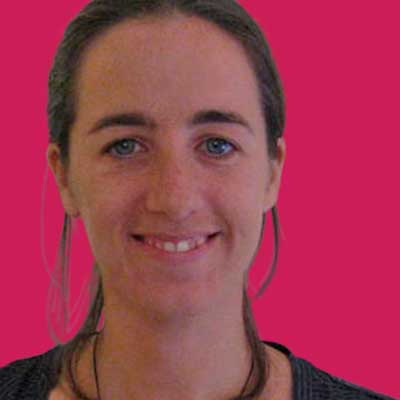Summary: A fun activity for predicting and experimenting as well as an opportunity to explore some complex scientific concepts, and afterwards, you get to eat the materials!
Set-up: 10 minutes
Play: 20-30
Complexity: easy – complex, depending on the level of explanation given
Materials
- Different fruits and vegetables (whatever you have)
- A large container to hold water.
What to do
Fill your container with water, and lay out the different fruits on a chopping board or plate. Explain the experiment: to find out which fruits and vegtables float and which sink. Encourage your child to handle the items and make predictions first. Your child might think that heavier items will sink, so explain the concept of density, which is the weight of an item in relation to its volume. Explain that density refers to how close together the molecules that make an item up are: the closer together the molecules are, the more dense the object. It is density rather than weight that makes objects sink. (You could try floating a large rock and a small rock – both sink as both are dense, although clearly one rock is heavier than the other.) Then test your predictions. What did you find out? Did any fruit or vegetables behave differently than expected? Why does your child think that is?
Extensions
Cut open the fruit and vegetables to see if there are any clues as to their floating or sinking behaviour – for example, hollow parts.
Learn about buoyancy – the upward force that supports objects in water. Has your child noticed this feeling of lightness when they are swimming? This is due to buoyancy helping to support them and keep them afloat. You may notice the force of buoyancy when you compare how a nectarine floats (just under the water), with how a capsicum floats (on top of the water). Why does your child think this is?
Taste the different fruits and vegetable after the experiment!

